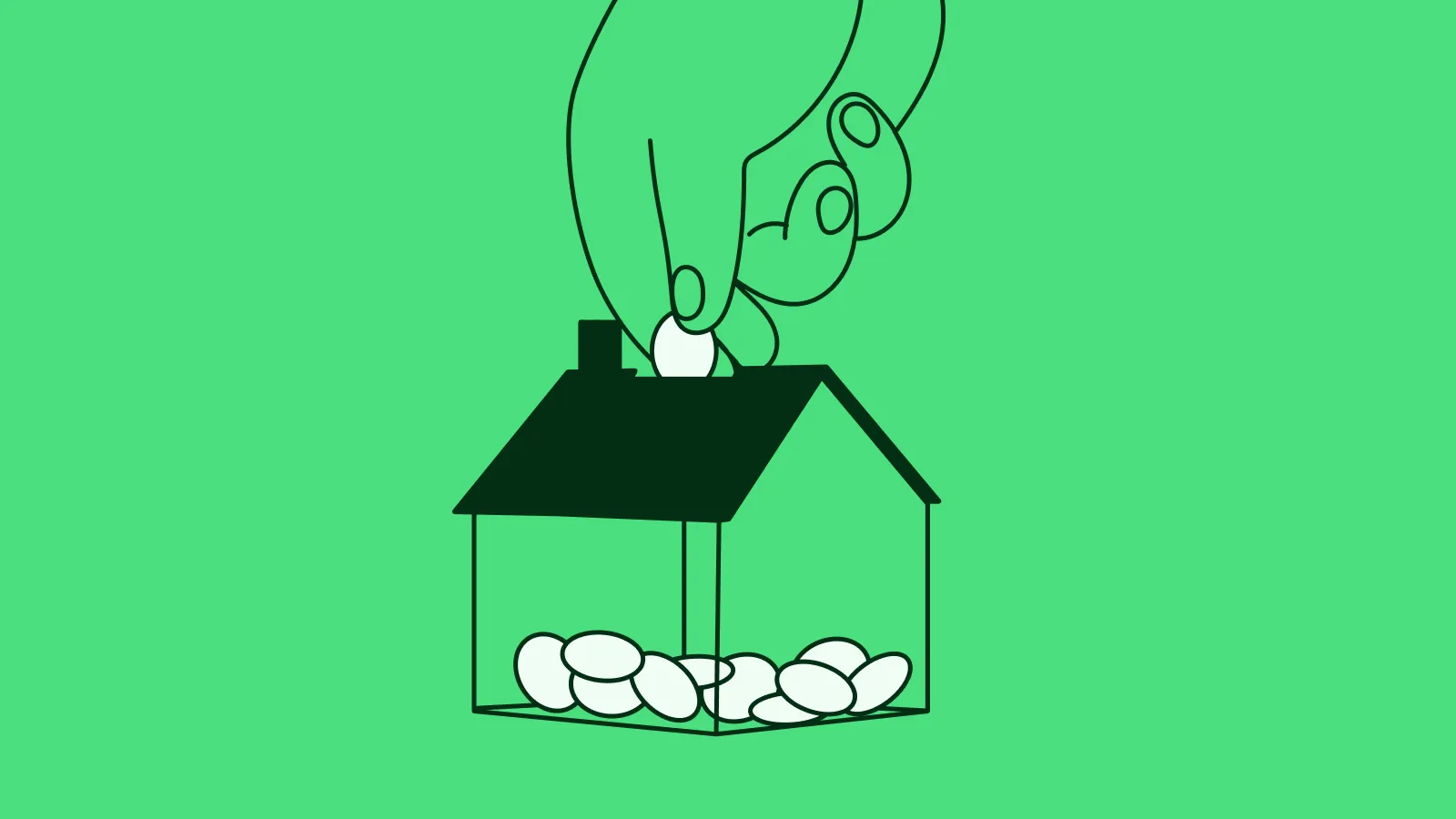How Conveyancing Works
Conveyancing is the legal process that helps you secure your new home. Here’s everything you need to know to keep things simple, smooth, and on track.
Your home may be repossessed if you do not keep up repayments on your mortgage.
Exclusive broker partner to

Author: Michael Whitehead, Head of Content
Reviewer: Paul Coss, Haysto Co-Founder and Chief Customer Officer
Updated: Jul 25 2025 4 mins
Buying a home should feel exciting, not like you’ve stepped into a legal labyrinth. That’s where conveyancing comes in. It’s an essential step that makes a property officially yours, and when it’s done right, it helps everything click into place with minimal fuss.
At Picnic, we believe in keeping things clear, calm, and moving in the right direction. Whether you’re getting the keys to your first home or upsizing, understanding the conveyancing process means you’ll spend less time worrying and more time looking forward to what’s next.
What Is Conveyancing?
Conveyancing is the legal process of transferring a property from one owner to another. It starts when your offer is accepted and ends the moment you get the keys in your hand. The aim is to make sure you (the buyer) secure legal ownership of the property and that there are no issues such as outstanding debts, restrictions, or boundary disputes attached to it.
It’s typically handled by a solicitor or licensed conveyancer who acts on behalf of either the buyer or the seller. Their job is to handle all legal documents, conduct property searches, liaise with the Land Registry, and manage the transfer of funds.
Why Is Conveyancing Important?
Conveyancing protects buyers and sellers legally and financially. Without this legal process, you could unknowingly inherit legal issues tied to a property, like an unpaid mortgage, planning breaches, or rights of way that affect your use of the home.
It also ensures both parties meet their contractual obligations, such as paying the correct price, transferring ownership at the agreed time, and registering the transaction correctly.
In short, conveyancing provides peace of mind that everything is above board before money changes hands.
What Role Does a Conveyancer Play?
A conveyancer handles the legal and administrative tasks needed to transfer ownership of a property. Their role includes:
Reviewing and preparing contracts
Conducting property searches (such as local authority, environmental, and drainage searches)
Checking the property title for legal issues
Liaising with mortgage lenders to manage the release of funds
Exchanging contracts and setting a completion date
Transferring the funds and registering the property with HM Land Registry
They’re also responsible for communicating updates and ensuring both sides are ready to complete at the same time.
Do You Have to Use a Conveyancer?
Legally, you don't have to hire a conveyancer. You could carry out the process yourself, but because property law is complex and mistakes can be costly, it's highly recommended to use a qualified solicitor or licensed conveyancer.
If you're using a mortgage to buy a property, your lender will usually require a professional conveyancer from their approved panel to handle the legal work. DIY conveyancing may be possible in some simple cash transactions, but it’s rarely worth the risk.
This Is Where We Can Help!
As part of our service, we’ll provide you with a range of conveyancing quotes from qualified solicitors who all have experience working with your preferred mortgage lender. You’ll be able to track your progress through our customer portal and speak directly with your solicitor to receive real-time updates. When any documentation needs to be signed, that can be done digitally, making it quicker, easier and more secure.
What Is the Conveyancing Process?
Here’s a step-by-step overview of how conveyancing works when you buy a property:
Instruct a conveyancer. Choose and formally appoint a conveyancer or solicitor.
Pre-contract stage. The seller’s conveyancer prepares the draft contract, while the buyer’s conveyancer conducts property searches and reviews legal documents.
Mortgage arrangements. The buyer secures their mortgage offer, and the lender liaises with the conveyancer.
Enquiries and negotiations. Any legal queries are raised and addressed, such as planning consents or rights of way.
Exchange of contracts. Both parties sign identical contracts, and a completion date is set. The deposit is also paid at this stage.
Completion. Funds are transferred, keys are handed over, and the buyer officially takes ownership.
Post-completion. The buyer’s conveyancer registers the property with the Land Registry and handles any stamp duty payments.
How Long Should Conveyancing Take?
On average, conveyancing takes 8 to 12 weeks from the date an offer is accepted. Cash purchases can sometimes be completed within 4–6 weeks. Delays can happen, especially if there are hiccups in the chain or hold-ups with searches. A proactive conveyancer and quick replies from you can help keep things on track.
How Much Does Conveyancing Cost?
Conveyancing fees typically range from:
£500 to £1,500 for freehold properties
£800 to £1,800 for leasehold properties
Costs vary based on the property value, location, and complexity of the transaction. The total cost usually includes:
Legal fees (what the solicitor charges)
Disbursements (third-party costs like Land Registry fees and property searches)
Stamp Duty Land Tax (if applicable)
How Is It Different in Scotland?
Property laws in Scotland work under a different system to the rest of the U.K., with solicitors typically playing a bigger role overall, and which impacts the homebuying process in the following ways:
Offers are made formally and are legally binding once accepted.
The process is usually faster, often completing within 6–8 weeks.
A Home Report (including a property survey) must be provided by the seller before listing the property.
The missives (contractual letters) are exchanged early, making it harder for buyers or sellers to back out without penalties.
Rather than pay Stamp Duty, property buyers in Scotland could be liable for Land and Buildings Transaction Tax (LBTT).
If you're buying or selling property in Scotland, it's best to use a solicitor familiar with Scottish property law.
Start Your Homebuying Journey with Picnic
Being organised and responsive throughout the conveyancing process can go a long way in helping you get the keys to your new home much faster.
If you need further help choosing a conveyancer or understanding how the process fits into your homebuying journey, get in touch, and a member of our mortgage team will contact you to get the ball rolling.
Related Pages
Porting Your Mortgage

The Picnic Guide To Buying a Home

How Stamp Duty Works

Choosing Your Mortgage

Speak to One of Our Experts
First or next move, remortgaging or investing - get clear advice from our award-winning experts to help you find the right mortgage.
Your home may be repossessed if you do not keep up repayments on your mortgage.